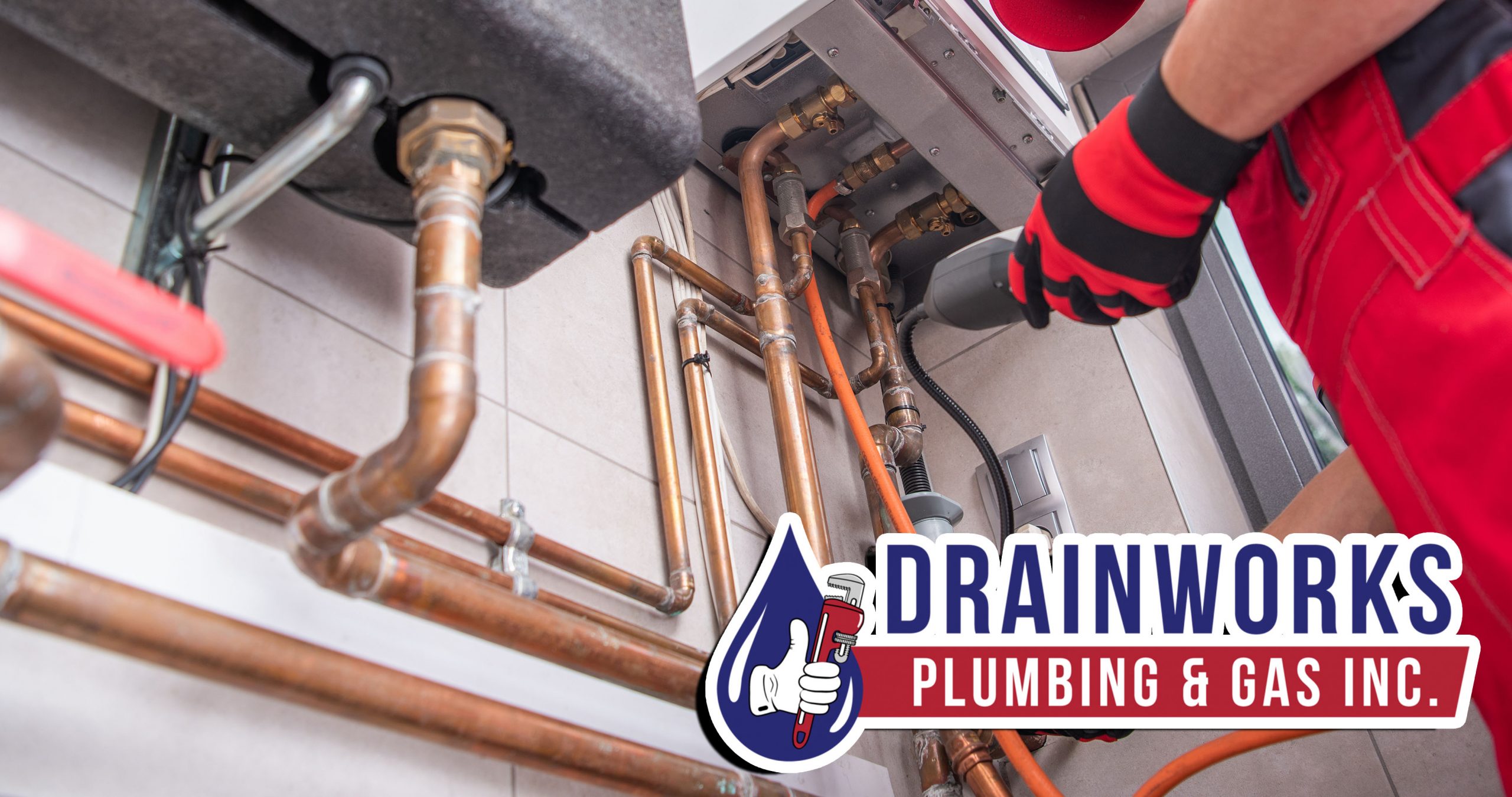Every home needs a water heater, but over time, they can lose efficiency and become more prone to failure. Long-term savings in time, money, and irritation can be achieved by being aware of the signals that indicate it’s time to replace your water heater. This post will go over the warning signals that it’s time to replace your water heater as well as what to check for to prevent expensive repairs.
1. Your water heater’s age
One of the most crucial variables in assessing if it’s time to replace your water heater is how old it is. Most water heaters last between 8 and 12 years before becoming less effective and more likely to break down. It’s probably time to think about upgrading your water heater if it’s older than ten years.
Your water heater is not worth fixing when it reaches the end of its useful life because it will probably break down again shortly. In the long term, it will be more cost-effective to replace your old water heater with a new one because the new one will be more energy-efficient and less prone to malfunction.
2. Corrosion and rust
Water heaters frequently experience rust and corrosion, which can be a sign that it’s time to replace the appliance. Rust and corrosion can develop on the interior or exterior of the tank, which may result in leaks or other issues. It’s time to have your water heater inspected by a qualified plumber if you discover any rust or corrosion on it.
Leaks and water heater damage might result from internal corrosion in the tank. Severe corrosion may potentially lead to the tank bursting, causing water damage and expensive repairs.
Your water heater may be nearing the end of its useful life if you observe rust or corrosion on the outside of the appliance. If the vehicle is an older model, rust is probably the result of aging and normal wear and tear. It’s recommended to have a qualified plumber examine your water heater to see if it needs to be replaced.
3. Noises
Strange noises coming from your water heater may indicate that it’s time to replace it. Common noises like banging, popping, and hissing can be signs that sediment has accumulated in the tank. Buildup of sediment can reduce the efficiency of your water heater and potentially harm the tank. It’s time to have your water heater evaluated by a qualified plumber if you hear odd noises emanating from it.
Sediment buildup in the tank is frequently the cause of banging or popping sounds. The heating element in the tank may become damaged by sediment buildup or overheating. If the heating element is damaged, it will operate less effectively and possibly not at all. A leaking tank might produce a hissing sound, which is an obvious indication that it’s time to replace your water heater.
4. Leaks
A water heater that is leaking is in need of replacement. Both the tank and the pipes that connect to it have the potential to leak. Your home may sustain serious harm from even little leaks, including structural harm, water damage, and mold growth. It’s critical to replace your water heater as soon as possible if you discover any leaks coming from it.
There probably is a leak if you see water gathering around the base of your water heater. Over time, even a small leak can do a lot of harm. To prevent expensive repairs and water damage, it’s crucial to have your water heater updated as soon as possible.
5. Poor Work Performance
It might be time to replace your water heater if it isn’t producing hot water as effectively as it once did. This can be brought on by a number of problems, such as sediment buildup, a broken heating element, or a broken thermostat. It’s time to have your water heater tested by a licensed plumber if you find that your water isn’t as hot as it once was or if it takes longer to heat up.
A broken heating element could be the cause of your decreased hot water production. A failed heating element can significantly reduce the amount of hot water produced since it can no longer heat the water as effectively as it should.
In the tank, sediment accumulation can form and reduce the volume of water that can be heated at once, which can also result in a reduction in the production of hot water. If you notice a drop in the amount of hot water produced, it’s crucial to get your water heater evaluated by a qualified plumber since sediment buildup over time can lead to the tank failing.
6. Exorbitant Energy Costs
It may be time to replace your water heater if you’ve discovered that your energy expenses are greater than usual. Your monthly rates may increase as a result of old, inefficient water heaters using a lot of energy to heat water. You may lower your carbon footprint and save money on energy bills by switching to a newer, more energy-efficient water heater.
Your energy bills may be lowered if you replace your old water heater with a more energy-efficient one that has an Energy Star certification. When determining whether or not to replace your old water heater, it’s crucial to take its energy efficiency into account.
Conclusion
In conclusion, keeping your property and preventing expensive repairs require knowledge of the warning indications that it’s time to replace your water heater. It’s time to get your water heater inspected by a qualified plumber if it is more than ten years old, exhibits symptoms of rust or corrosion, emits unusual noises, has leaks, operates inefficiently, or increases your energy costs. Our team of expert plumbers at Drainworks Plumbing and Gas in Brandon, FL, can identify and fix any problems with your water heater so that your house has a consistent and effective supply of hot water. For any of your plumbing problems, get in touch with us right away, and we’ll make sure your water heater is operating correctly and effectively.



